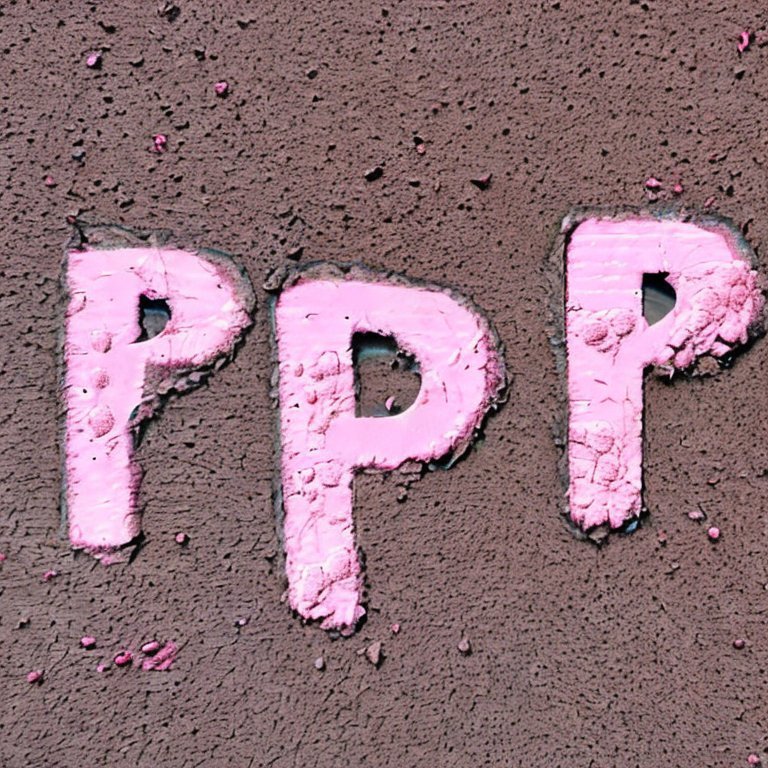Performance as Prefigurative Praxis
Research is never remote, detached, or isolated, but rather it affects and is affected by its “object of study.” My research practice follows from the premise that “to know” is not a static quantity but involves ongoing enacting, that all ways of being and doing yield knowledge and, as such, are deserving of exploration in the academy. Further, our humanness is not an attribute but something we actively and iterative do – what Sylvia Wynter calls a praxis. I recognize performance as a crucial way of knowing and coming-to-know; I do not study performance as an object so much as I perform in order to study.
My methodology, “performance as prefigurative praxis” (PPP), is a form of participatory action research (following from Paulo Freire, research expected to affect those social structures it analyzes): I identify a set of desired social circumstances that might alleviate harms or generate wellbeing (for example: I would like to know my presently anonymous neighbors); I then actually perform those social circumstances in an act of “prefiguration,” behaving as though perceived impediments are not certainties (I knock on my neighbor’s door to introduce myself); after experiencing a variety obstacles contained within prevailing hegemonic structures (my neighbor doesn’t appreciate solicitation in their private space), I report my discoveries, reconvene with collaborators, and determine what reorientations might follow in an attempt to realize that desired “otherwise” once more, with new information and augmented intuition – as a praxis, the process continues (next time, I might begin with a brief note instead of knocking).
I utilize PPP to uncover and articulate the incongruence between the world as modeled by neoliberalism (as a form of masculine white supremacy) and material phenomena of death and dying; I do this research to diminish the deleterious effects of neoliberalism within myself and others while giving rise to an appreciation for the necessity of decay for that which we might call “life.”

